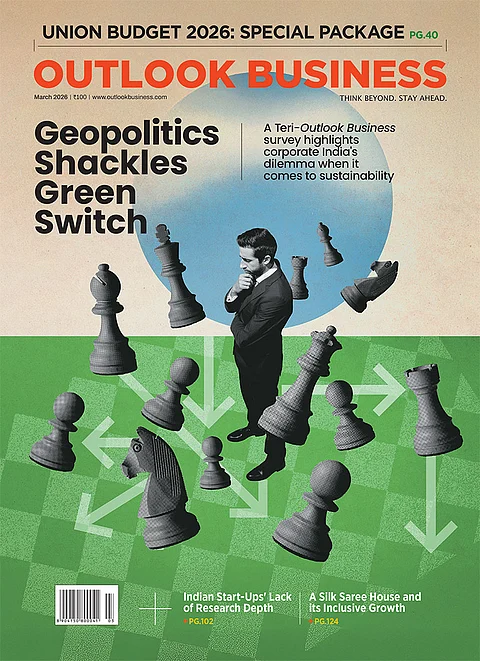New unicorns are likely to add $1 trillion to the Indian economy, which would reach $7 trillion size by 2030, and add 50 million new jobs, according to a report released by industry body CII on Thursday. Start-up firms valued over $1 billion are categorised as unicorns.
The report ‘Unicorn 2.0: Adding the Next Trillion’ has been prepared with McKinsey & Company as the knowledge partner, the chamber said.
The CII report introduces an ambitious 'Unicorn 2.0' scenario, envisioning the start-up ecosystem's potential to add $1 trillion to India’s estimated $7 trillion economy by FY30, thereby creating over 50 million jobs.
Sectors such as retail and e-commerce, next-gen financial services, manufacturing, and SaaS and digital are poised to drive massive growth in the coming years.
The first unicorn was seen in India in 2011, and after a decade, India has crossed the mark of 100 unicorns. The combined valuation of 113 unicorns is $350 billion as of January 2024.
The industry body said that the emergence of over 100 unicorns is a remarkable achievement, attributed to several pivotal factors, which encompass a digitally adept young population facilitated by widespread access to mobile internet, the growth of the middle class, and a supportive regulatory framework.
CII President R Dinesh stated that the start-up ecosystem is a vibrant tapestry woven with threads of innovation, resilience, and transformative ideas.
"As we dissect the components that foster growth, we navigate through the realms of economic contribution, job creation, and ground-breaking innovations that redefine industries," he said.
Chandrajit Banerjee, Director General of CII, opined that start-ups and their corporate counterparts contribute significantly to India’s economy, injecting an impressive $140 billion in fiscal 2022-23.
"Projections suggest this could rise to $1 trillion by 2030. The impact of start-ups goes beyond balance sheets. Socially, these enterprises can be architects of change. Initiatives aimed at societal betterment in India, from education and healthcare to sustainability, underscore the commitment of startups to positively impact communities," Banerjee added.
According to the findings of the CII report, India's 100-plus unicorns and about 100,000 start-ups have contributed a significant 10 to 15 per cent to GDP growth between 2016 and 2023.
Moreover, rapid digitisation has not only transformed urban centres but has also permeated rural areas, catalysed inclusivity and driving the creation of 20-25 per cent of all new employment opportunities.
Start-ups are playing a pivotal role in powering India’s economy across 9 sunrise sectors – manufacturing; IT and digital services; agricultural ecosystems; healthcare services; travel and tourism, modern retail and e-commerce; next-generation financial services; communication, media and entertainment; and skills and education. These sectors not only serve as current growth engines but are also projected to spur further growth, employment, and can have 20-23 times impact on exports by FY30.
India is home to 20 times more start-ups today than in 2015, going from 4,000 to over 100,000. Start-ups and related corporate ventures have contributed an estimated $140 billion in economic value in FY23.

























.jpg?w=200&auto=format%2Ccompress&fit=max)




